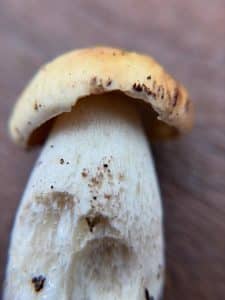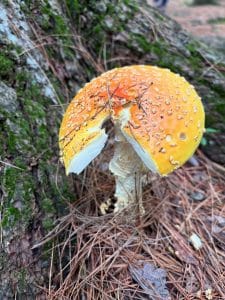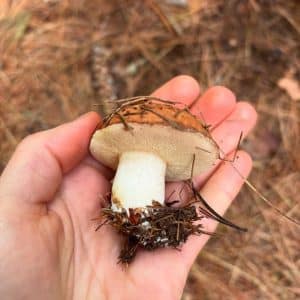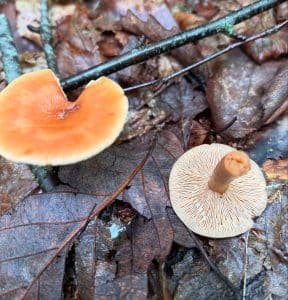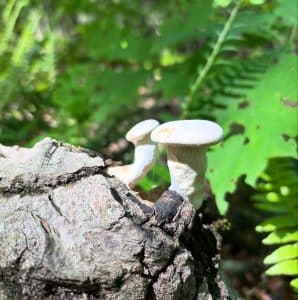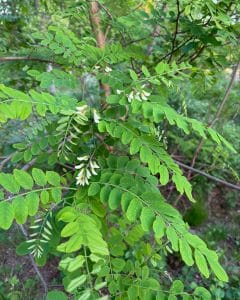An Introduction to Lemon Grass:
Lemongrass is an herb from the grass family that should be on everyone’s grocery list. Hailing from the Cymbopogon genus, it has its roots in medicinal culture the world over (literally). This famous grass is also a wonderful culinary ingredient. There are so many variants of lemongrass present in various regions of the world. Listing down each type and explaining its characteristics would be a mouthful. For instance, the most renowned species is the Cymbopogon citratus or West Indian Lemon Grass, which hails from the East.
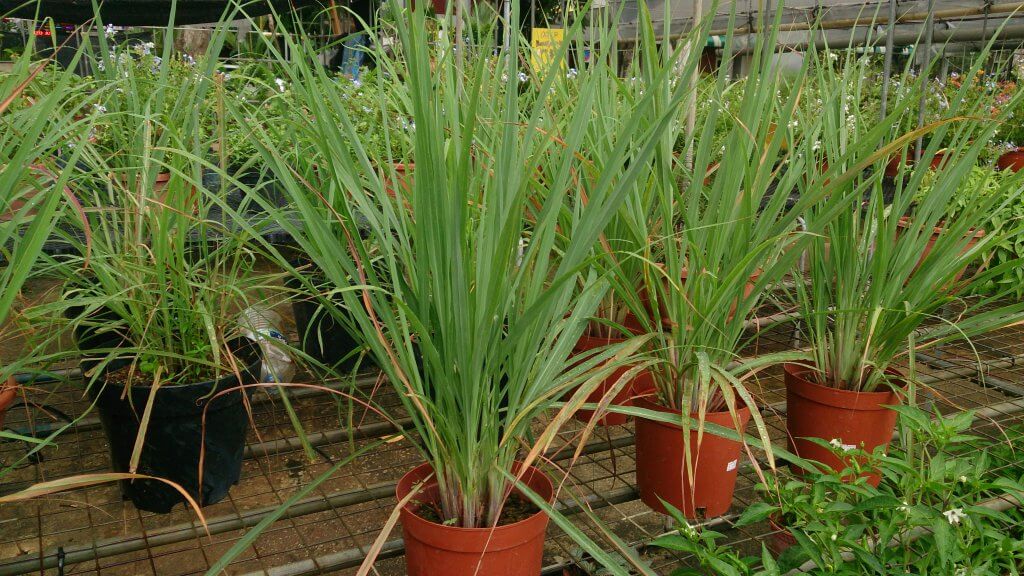
Distribution of Lemon Grass:
Just like its grass brethren, it is commonly distributed in almost every part of the world. Uniquely, it takes a special liking towards the eastern side of the globe. Native to parts of Southeast Asia and Africa it is fairly common to get a hold of. A species of lemongrass also grows in Australia despite the enormous distance. Similarly, by the name of Cymbopogon ambiguus.
History of Lemon grass and more:
They used lemongrass as a culinary component in the old days for curries, soups, and presumably even stews. Since people started gaining an affinity towards its particular flavor. It became a common flavoring agent in various dishes and drinks. A compound by the name of “citral” lemongrass forms the characteristic lemon type aroma. You can get Lemongrass in various forms. Including dried lemongrass used for tea or lemongrass oil, which can be used in detergents or toiletries.
How to grow and harvest Lemon grass:
Use a pleasant mix of soil which has a scant amount of water retention. Warm conditions are just what lemongrass needs to grow adequately. Be sure to check the climate of wherever you live and find out if it’s suitable or not. It requires an appreciable amount of sunlight and add a moderate amount of water. Minor pieces of lemongrass with their roots intact should then be planted. You can cut the grass looming above the surface and let the base to regrow. Therefore, making a renewable herb under those circumstances available at your disposal.
Benefits of Lemon grass:
Lemon grass has a collection of benefits, we have listed some of which below:
- Reduces Fever:
At present people refer it to as the fever grass. In some parts of the world. It is safe to assume that it no doubt has the power to curb fever as said by various users. - Promotes Digestion and improves stomach health:
Lemongrass promotes digestion. In various parts of Southeast Asia; indigestion is a well-known problem. Thus, the people found Lemongrass to be a suitable cure. Stomach sickness is another prevalent problem in that part of the world. Therefore, lemongrass is also well suited to combat it; it can protect your stomach from harm and potentially soothe any ulcers present. - Fighting bacteria treating infections:
It can fight off various forms of harmful bacteria resistant to antibiotics and various other medicines. Making it a valuable pharmaceutical asset. - A pronounced presence of anti-oxidants:
Lemongrass has proven to have robust anti-oxidative qualities. These qualities can prove useful to anyone who wants to detox.
Dosage and Safety:
Although there are no serious side effects to lemon grass tea. The essential oil does however require moderation.
- Dilute the oil before taking it .
- Do not apply the oil on any cuts or broken skin.
- If you have any skin based allergies the stay clear of lemongrass oil.
- It can cause irritation in other sensitive areas.
Conclusion:
A must have in all aspects; Lemon grass should be in every household’s kitchen. A rejuvenating tea which is not short of a natural miracle. Detoxification, Stress relief? You name it and the lemon grass has it.
—————————————————————————————————————-
| Written By Muhammad Waleed Raja,
~ Waleed is an avid graphic designer, animator, illustrator as well as freelance writer with an affinity towards nature, art, technology and everything that encompasses gaming along with pop-culture added into the mix. To learn more about him look up his profile on upwork.com ~
—————————————————————————————————————-
Many of our readers find that subscribing to Eat The Planet is the best way to make sure they don't miss any of our valuable information about wild edibles.
See our privacy policy for more information about ads on this site

